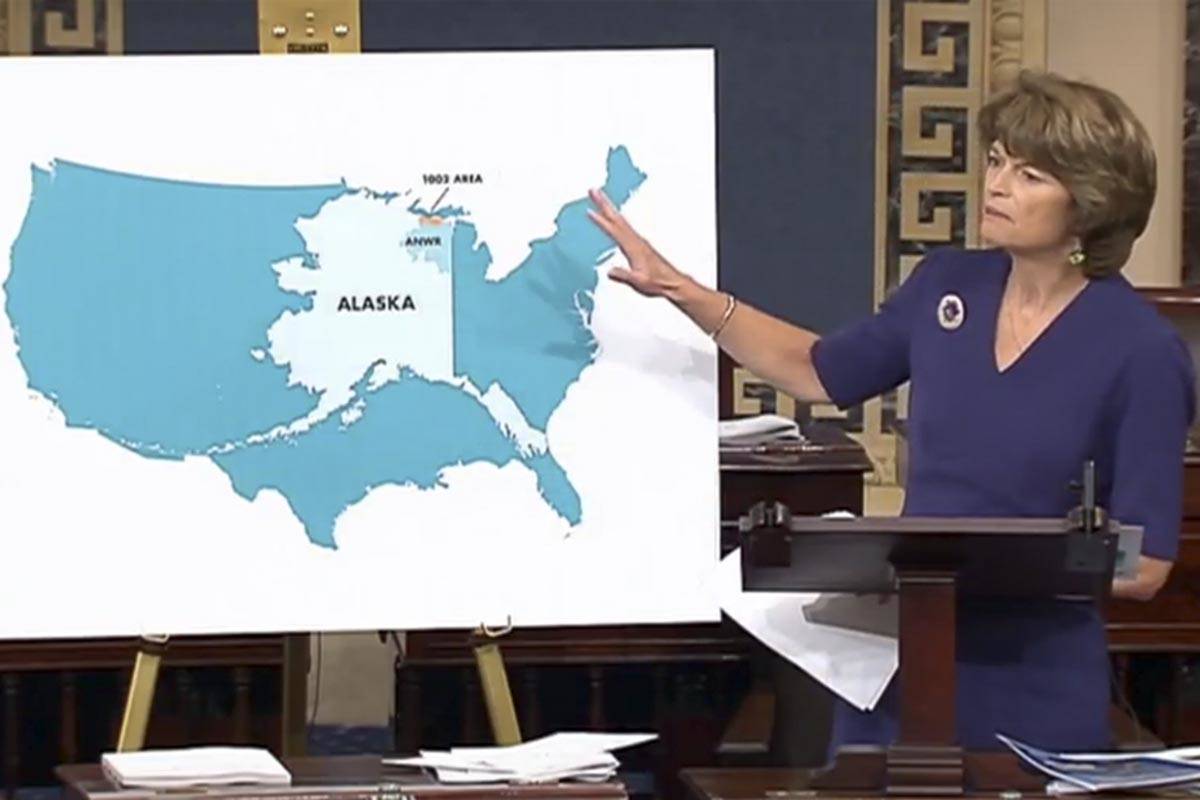Ever since the price of oil crashed in 2014, we have been grappling with how to pay for all of the things we want. We don’t want budget cuts. We don’t want taxes. And we want our full Permanent Fund Dividend. That’s a tall order.
Most Alaskans are willing to give on one of those items, but there doesn’t seem to be a consensus around which one. Juneauites are OK with taxes or smaller PFDs. Rural Alaskans seem to prefer taxes while getting the full PFD and no budget cuts. The Mat-Su population begs for budget cuts and despises the idea of taxation. Everyone else seems to be split on the issue.
The budget-cut-only solution attempted by the governor last year expended a huge amount of political capital, divided Alaskans into warring factions, prompted a recall effort, devolved the legislative process something resembling the national theater, and ultimately resulted in … well, not much. So, budget cuts probably aren’t going to solve the state’s long-term financial issues.
Now there’s an attempt to have the oil companies solve our financial problems. But, even if we choose to dramatically increase oil taxes, it will only be a temporary solution. As oil production continues to decline, taxes and royalties will decline under any tax system. And, as revenues fall while the budget grows, we will be right back in the same situation within just a few short years.
Rather than fight about how to treat the symptoms, I am hopeful that we can address the underlying condition that is plaguing Alaska. And I believe we can do it without amputating the university, without cutting social support programs, and without injecting a lethal dose of austerity into the education system. It wouldn’t be easy, but there is a way forward that avoids budget cuts, distributes a realistic PFD, and pushes the tax debate far into the future. It boils down to four actions.
First, restrict spending growth for 10 years. A decade of flat-funding allows the departments to find efficiencies and to plan for a known funding level. While losing money to inflation each year would be hard, the perpetual pink-slips could be avoided, and a proactive plan could be put in place.
Second, it is well established that the new POMV structure and the old PFD formula don’t work together. They are out of sync, use different smoothing mechanisms, treat inflation differently, and can’t live in harmony. We can still use the same premise within the old PFD law – distribute half the earnings to the people. But, since it is clear that the POMV is here to stay, we need to update the definition of available income that the PFD formula uses. As soon as we do, a third of the perceived budget problems go away.
Third, we need to rearrange our balance sheet. According to the state’s most recent audited financial statement, Alaska held $86 billion of assets at the end of FY18. That compares to $12 billion of liabilities — mostly unfunded pension obligations and some long-term debts. The result is a net position of $74 billion.
In the current budget request, there are $480 million of payments on our liabilities. By simply moving some of our money from various savings accounts to the retirement trust, and by paying off some of our debts, we could solve another third of the budget problem without reducing any services.
That leaves us with about $500 million left to deal with this coming year and the problem will persist for a few more. Then things should improve as some new major oil fields come online. There are countless ways to close that gap. For one, we could just use savings to get through the next few years. But, that’s not really a solution as much as a band-aid. Especially if that new revenue doesn’t show up. So, we should look elsewhere. But we don’t need radical reform. A few small changes to oil taxes, a little bit of cost-shifting to municipalities (or a small statewide tax), and a minor change to petroleum property taxes can get us the rest of the way.
In this scenario, the pain is spread across all points of view. The budget is cut by inflation, the PFD is reduced, local governments chip in, personal taxes go up a bit, and oil companies pay a little more. But, if everyone is willing to give a little, our budget problems are incredibly easy to solve.
• Ed King is the principal economist at King Economics Group based out of Juneau. He previously worked as the Petroleum Economic Policy Analyst under Gov. Sean Parnell, an economic advisor to Gov. Bill Walker and the Chief Economist for Gov. Mike Dunleavy. Columns, My Turns and Letters to the Editor represent the view of the author, not the view of the Juneau Empire.

